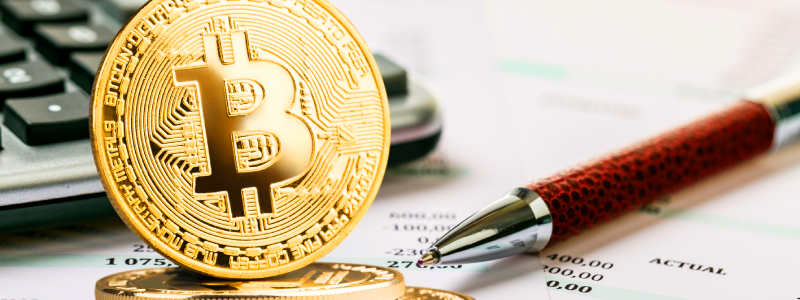At Fullstack we work with hundreds of founders working through obtaining the ESIC incentive for their investors. We outline some of the main considerations here for tax purposes which we will cover for new founders below.
What is ESIC?
The ESIC regime was introduced in 2015 to help incentivise angel investors to partake in more investments towards early-stage startups in Australia.
The tax benefits for investors are substantial including a 20% tax offset on their tax payable and reduced to nil Capital Gains Tax on the startup investment for the next 10 years.
Sometimes the ESIC status can mean the difference between an investment decision or not by investors so it’s generally in a founder’s best interests to investigate the potential of ESIC status and whether it could to their venture.
Is my Startup Eligible for ESIC status?
There are lots of criteria here which are better covered in our ESIC eligibility guide for founders. It is important to note the instance of:
- The Early Stage test and;
- The 100 Point test or Principles based test.
both of which should be satisfied for a startup’s eligibility.
Should I get a private ruling?
Some founders or their investors like having more certainty around whether the ESIC would apply to the investment. Should the 100 Point test not apply, some founders either self-assess that they are eligible for the Principles Based test or pursue a private ruling with the ATO to help validate their eligibility. Fullstack assists founders with preparing & lodging the private ruling should you require it.
Are my investors eligible for claiming the ESIC incentive?
As you can tell, obtaining the ESIC is a double-pronged approach for eligibility and we cover the criteria in our ESIC eligibility guide for investors. As part of our ESIC service, Fullstack can provide your investors with a letter covering the details & requirements around ESIC and keep them better informed generally.
What year does the ESIC incentive apply to?
The ESIC incentives apply when the shares in an ESIC qualifying startup are issued to eligible investors, so this would only include the investments from SAFE or convertible notes at the time of conversion to shares.
What is required from founders if they have ESIC investors?
Once founders know the year that the ESIC incentives apply, they also need to lodge an Early Stage Innovation Company report to ATO in the following July. This helps the ATO note the instance of ESIC and would be cross-checked against reported ESIC incentives in the investor’s tax return. Fullstack can help prepare and lodge this report if you require it.
Investors will need to work with their accountant (like Fullstack) to ensure that the ESIC incentive is taken up in their tax returns appropriately.
Fullstack works with ESIC eligible startups on a very routine basis along with other capital raising support services like captables and financial modelling. Lean on our tech tax experience to best support your journey today.
Was this article helpful?
Related Posts
- ESIC Eligibility for Startup Founders
The ESIC regimes has many tax benefits that can incentivise investors. As such, founders should…
- Hot tax return tips for founders
We look after the entire tax and accounting situation for hundreds of founders. Do you…
- ESIC Tax Incentives for Early Stage Investors
If you invest in a qualifying Early Stage Innovation Company (ESIC), you may be eligible…
- Startup Accelerators: A Tax Accounting Guide for Founders
Entering a startup accelerator program? Read about some best practices from a startup accounting &…

















